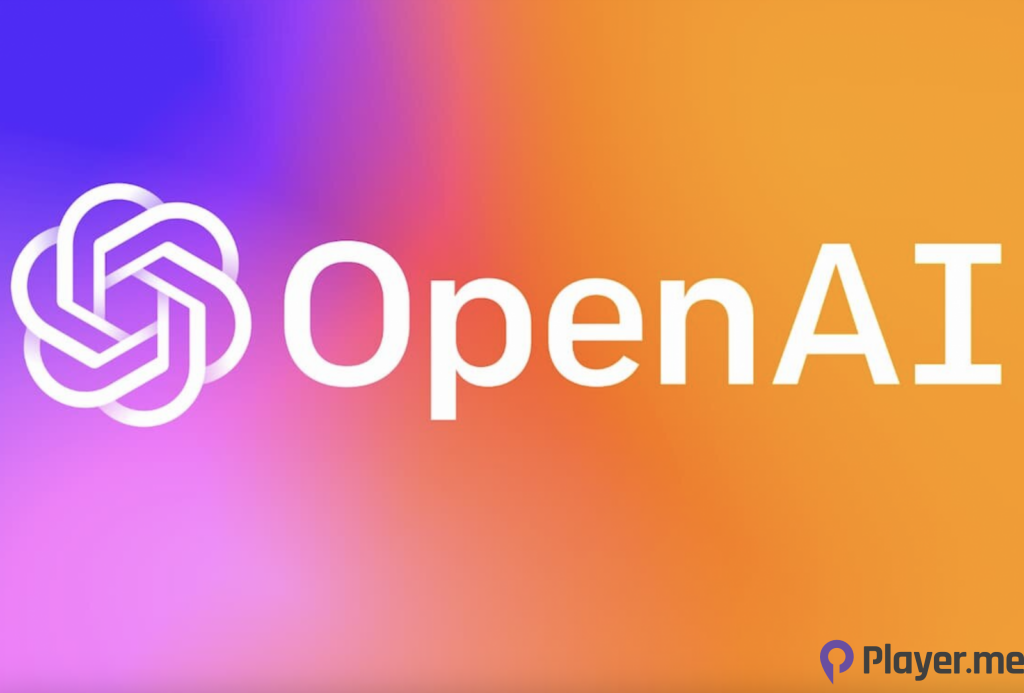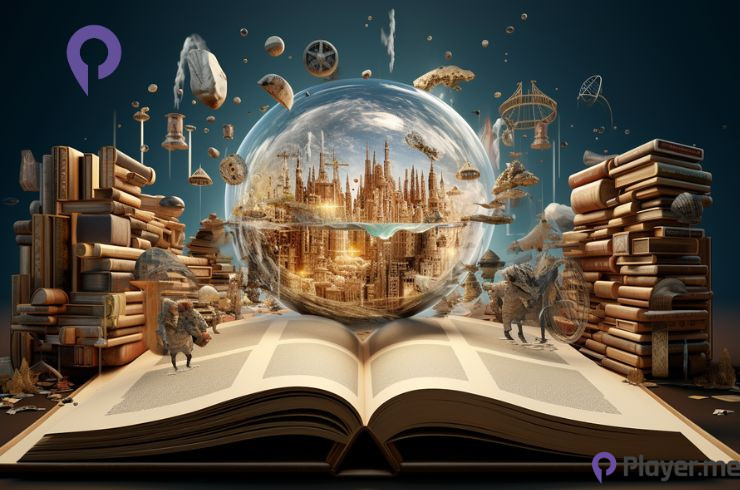Amazon’s Kindle Direct Publishing platform has placed a cap on the number of self-published books an author can publish daily. This move comes as Amazon scrambles to protect its publishing platform from possible flooding of AI-generated books. Although this may seem like the first step in the correct direction, some experts do not share the same optimism.

For example, Dr Miriam Johnson, a senior lecturer in publishing at Oxford Brookes University, claims: “The rule change will probably not be a game changer for managing the influx of AI-written content on Kindle Direct Publishing. It will dent the numbers, but those making money by flooding the market with AI-generated books and publishing more than three a day will find a workaround.”
Thus, what exactly are AI-generated books? Is Amazon doing the right thing with its Kindle Direct Publishing, and what harm do the books pose?
What Are AI-Generated Books?
To summarise, such books are the output of AI-generation tools such as ChatGPT.

How can AI achieve such a feat? For starters, AI has the capability of recreating high-quality written material that rivals that of human-written authors. To do so, they remember the fluency in our language and understand the nuances associated with written language through its deep learning algorithms and natural language processing. Thus, by doing so, it allows these AI platforms to imitate the style of a human writer, allowing them to produce books, novels and content identical to human-written authors.
Currently, there are over 1000 books listed on Amazon’s Kindle Direct Publishing, where anyone can post and earn money from AI-generated books and novels. However, Amazon seems to have finally taken notice of the adverse effects of allowing unbind freedom to their users.
Also Read: Microsoft Leaks: Accidental 38TB Data Breach Reveals AI Research Blunder
Amazon’s Stance on Limiting Publishing of AI-Generated Books on Kindle Direct Publishing
On Monday last week, Amazon announced the restriction to users of its Kindle Direct Publishing platform by limiting the number of self-published books to three daily. Citing their active monitoring of the rapid evolution of generative AI, Amazon mentioned this statement on their Kindle Direct Publishing platform.
“We are actively monitoring the rapid evolution of generative AI and the impact it is having on reading, writing, and publishing, and we remain committed to providing the best possible shopping, reading, and publishing experience for our authors and customers. While we have not seen a spike in our publishing numbers, to help protect against abuse, we are lowering the volume limits we have in place on new title creations,” the company said.
While it seems Amazon is acting out of an abundance of caution rather than a state of panic in their Kindle Direct Publishing statement, there are previous issues regarding AI-generated books on their platform, which we will touch upon below.
Also Read: Apple CEO Tim Cook Has Faith in Carbon Neutrality and A Clean Environmental Future By 2030
3 Instances of Misuse and Abuse of AI-Generated Books
From an initial glance, it may seem like a revolutionisation destined to bring advantages to authors and readers alike. However, AI-generated books have now proven time and time again that they will do more harm than benefit to us. To quote famed futurist Stephen Hawking, “The development of full artificial intelligence could spell the end of the human race.” Thus, without further ado, let us look at 3 instances of misuse and abuse of AI-generated books.
1) Authors Suing Language Models Large Language Models for Copyright
First and foremost, the novelty of AI has come and gone, as researchers from Google and DeepMind have proven that LLMs can simply lift pre-existing (Often copyrighted) material from other sources. Therefore, it is not unheard of for people to utilise language learning models maliciously to get their shot at fame.

To give a recent example, comedian Sarah Silverman joins authors Christopher Golden and Richard Kadrey in claiming that ChatGPT and LLaMA have undergone training on their copyrighted books. While both OpenAI and Meta denied the accusation, the authors allege that some training data comes from a shadow library of sources like Z-Library and Sci-Hub, which are internet-based torrent repositories that include copyrighted books.
In an exhibit from their lawsuit to prove their point, the plaintiffs asked ChatGPT to recite excerpts from Silverman’s book The Bedwetter, to which it relayed passages from the memoir verbatim.
Also Read: Negative Content From ChatGPT Jailbreak Can Be a Global Threat
2) Content Is Rife with Inaccuracies and Could Cause Death
If you think copyrighted issues are worse, think again, as some AI-generated books may cause terrible consequences to their readers. On the afternoon of the 27th of last month, the New York Mycological Society sounded the alarm on social media about the dangers posed by dubious foraging AI-generated books on Amazon.
While Amazon has since removed such books, the titles of The Ultimate Mushroom Books Field Guide of the Southwest and Wild Mushroom Cookbook For Beginner have become infamous for providing their readers with less-than-accurate content.
According to Sigrid Jakob, president of the New York Mycological Society, the two books provide poor descriptions and can mislead someone to eat a poisonous mushroom. “There are hundreds of poisonous fungi in North America, and several are deadly. Some may even look similar to popular edible species, and trusting such books could lead to deadly consequences.”
3) Creation of Inappropriate Content for Children
The most probable counterargument to using AI-generated books is that their inaccuracies and inappropriate content will eventually harm the welfare of children. For example, not all AI tools contain a proper content filter, as some AI generate information using pre-existing data containing inappropriate content for children and harmfully biassed information.

Furthermore, AI tools have a knack for portraying a false representation of pictures in their books. Taking the AI-generated book from Ammaar Reshi as a reference, he enlisted the help of AI to publish a children’s book, Alice and Sparkle in a Weekend, but the pictures inside show many flaws, including claw-like fingers and improperly positioned shadows.
Lastly, AI chat boxes do not convey any educational value. In accordance with the National Children’s Book and National Alliance, children need books that capture their interest, motivate them to think and solve issues, and assist them in relating to the world around them. However, AI-generated books do not provide that as they lack human emotion and instead concentrate on just providing texts.
Concluding Statements
In conclusion, Amazon is taking the correct steps in restricting users in Kindle Direct Publishing to three books a day as it protects against more instances of people misusing and abusing AI-generated books.
While it may not solve the lingering problems entirely, it is nice to see such a high-profile company, such as Amazon, take notice of the struggles we writers face. Will Amazon further enforce their own law in the future? Let us know your thoughts on our Facebook, Twitter and Instagram pages.
Frequently Asked Questions
What Is Not Allowed on Kindle Direct Publishing?
According to the guideline from Kindle Direct Publishing, the platform does not allow descriptive content meant to mislead customers or content that inaccurately represents the book. Furthermore, Kindle Direct Publishing updated a new policy regarding AI-generated content, as users now must inform the platform of AI-generated content (Text, Images, or Translations) when they publish, make edits and republish an existing book.
What Platform Can We Use to Generate AI Books?
The most prominent platform people are using to generate AI books is OpenAI’s ChatGPT. However, with the emergence of a contender from Google’s Gemini, many people may forgo the old for the new.
Will Amazon Further Enforce Its Limitations on Kindle Direct Publishing?
It is highly likely. Amazon has confirmed it will adjust the number if needed when asked whether it will further enforce its limitations on its Kindle Direct Publishing. For better or worse, the human brain excels at adapting to harsh situations, and we may see people bypassing their rules very quickly.





